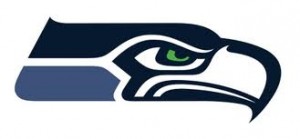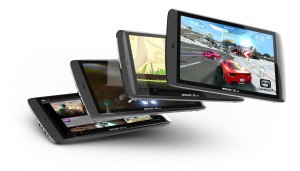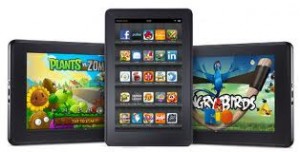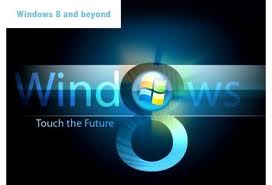RIM takes steps to expand app library
Research in Motion, struggling to remain relevant in the smartphone space has started seeding software developers with an early version of its next generation BlackBerry 10 device. The move is designed to help jump start the software app space, an area that the company has lagged its major platform operating system rivals Apple iOS and Google’s Android.
The company plans to provide developers that attend its annual BlackBerry World conference that will be held in Orlando, Fla. in May with the prototype, called the BlackBerry 10 Dev Alpha. The company expects to deliver the final version of the BlackBerry 10 late this year.
The company also has helped refund the BlackBerry Partners Fund II that is being run by Relay Ventures, but that fund will also look to fund app developers on rival platforms, something that it did not do in the first round of funding.
Mobile security increasingly in legislators’ cross-hairs
Going hand in glove with the increasing news about apps and ads stealing personal data are legislators seeking to get involved. A pair of congressmen has sent letters to 34 social apps develops for Apple’s iOS platform asking about their information collection and use practices
The companies included Apple, Twitter, Foursquare, Hipster, Linkedin, Facebook, Pinterest and Instagram and the letters were sent by Energy and Commerce Committee Ranking Member Henry A. Waxman and Commerce, Manufacturing, and Trade Subcommittee Ranking Member G. K. Butterfield.
This request is separate from the one launched a week ago from U.S. Senator Charles Schumer who has asked the FTC to look into the manner Google and Apple’s operating systems run and f they violate users privacy.
In a somewhat related note Pinterest has changed and updated its terms of service, acceptable use and its privacy rules-in part to help prevent copyright material from being pasted onto pinboards.
iPad eats data plans due to streaming video
This is no real surprise to anyone that has used their smartphone or a tablet to watch live streaming video over a cellular network- data plan limits are just demolished often resulting in costly bills and the need for additional capacity.
One of the selling points of the latest iPad was its ability to connect to high speed LTE networks, and with that comes the ability to watch sports and news programs live over the network in great clarity due to the device’s high resolution screen capabilities.
One study has found that the downloading of a single HD movie download could cost as much as $50, and could cause throttling to ensue from the carrier. Of course all a user needs to do to avoid this issue is ensure that they are using a Wi-Fi connection rather than a cellular one.
Boombox the fasted adopted technology?
An interesting little factoid over at The Atlantic, which they culled from the ever popular Journal of Management and Marketing Research shows that among consumer electronics technologies that have been introduced in the last 50 years, the fastest to see wide spread adoption after 7 years on the market was the boombox with an over 60% market penetration. Boy that is a bet I would have lost. The next four are CD Player, DVD Player, VCR and portable CD Player.
Use your smartphone primarily as a camera? HTC wants you.
HTC has just shown a new smartphone, the HTC X One, a model that can take as manay as 4 four digital photos a second. The phone, powered by a quad-core processor and featuring a 4.7-inch screen can also snap photos while the user is viewing video.
The iPhone 5 is coming!
And already the rumors are flying! We will try and avoid doing weekly updates on the rumors, but I do wonder if Apple will follow the example it set with the latest iPad, simply calling it an iPad rather than iPad 3. Will the next iPhone be simply known as iPhone? Could be.
Microsoft to conquer China first
I guess that Microsoft is not taking Vizzini’s advice about never get involved in a land war in Asia. The company’s executives are claiming that its Windows Phone operating system will enable it to pass Apple’s iPhone in market share in China.
With low cost options available from its partners that come in significantly lower than Apple’s offerings the company said that it will first surpass Apple and then will have its sights set on the Android space, which it believes it will also surpass, at some unnamed point in the future.
The importance of the Chinese market should not be underestimated since it is now the world’s largest market for smartphones even though its market penetration is significantly lower than in the United States.
Will American’s really lose $30 billion worth of phones this year?
They will if you believe a piece in Silicon Angle. That is a lot of phones. I have no idea how accurate that info is, but I will say I have found an iPhone 4 and a phone from Nokia in the last two weeks.












